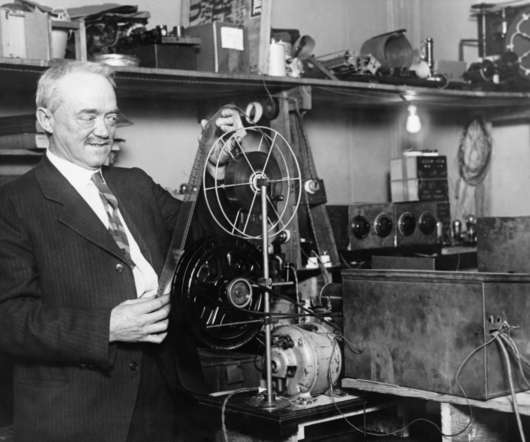The Essential Guide to Mass Communication: History, Methods, Ethics, and the Future
Masters in Communications
FEBRUARY 12, 2022
Types of Mass Communication History of Mass Communication Mass Communication Theories Ethical Issues for Mass Communications What Does the Future of Mass Communications Look Like? On September 11 th , 2001, a British MP said "this is a good day to bury bad news" as the world focused on the 9/11 attacks. What is Mass Communication?










Let's personalize your content